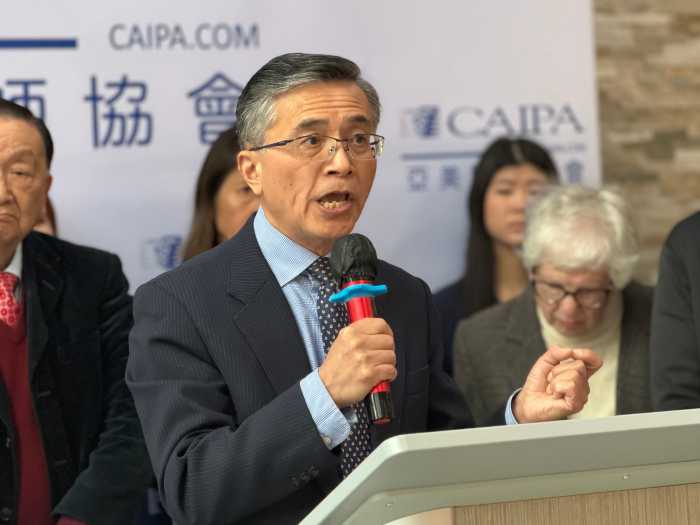As founder and executive director of Teach Coalition, Maury Litwack has grown the organization from a single staffer to a multi-state network responsible for billions of dollars in new state funding to non-public schools. He leads Teach Coalition’s advocacy on every issue of import for schools and families: tuition subsidies, STEM advancement, health and nutrition programs, and the priority issue of school safety. Today, Teach is hundreds of schools strong and counts a national core of over 500 politically active lay leaders and thousands of engaged parent and student activists to deliver their message to elected officials and candidates both at the statehouse and back home.
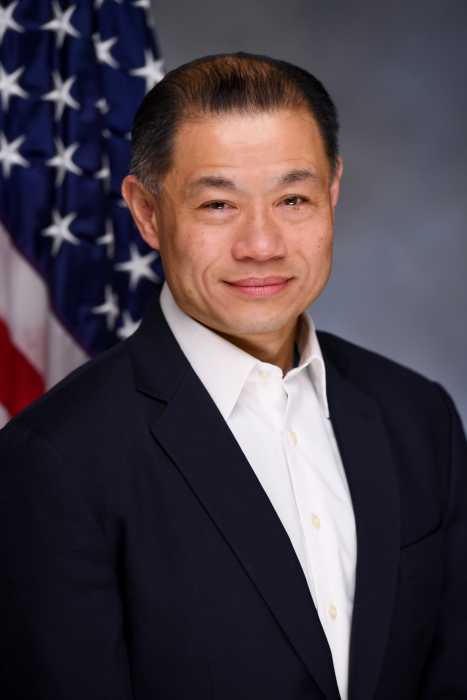
John Liu
Senator, New York State Senate

John C. Liu is a New York State Senator representing a broad area of northeast Queens. He is chairperson of the Senate’s Committee on New York City Education and serves on the committees of education, finance, higher education, judiciary, rules and transportation. John was comptroller of the City of New York (2010-2013) and a New York City council member (2002-2009). Currently, John is an adjunct associate professor of International and Public Affairs at Columbia University.
What inspired you to pursue a career in education?
As an immigrant, I was inspired to get involved in public service at a young age when called a derogatory name based on my race in school. My teacher at the time told me I would just have to learn to get along with the other kids. Today, I’ve dedicated much of my public service career to ensuring our school kids from all backgrounds are afforded opportunities to learn about different cultures and each other.
What aspects of education do you believe need more support from policymakers?
The governor signed our legislation to at long last reduce excessive class sizes in New York City. In addition, we gave the City of New York six years to comply, and a $1.6 billion increase in annual Foundation Aid to help pay for it. The mayor and chancellor need to stop dragging their feet on this issue and use this new increase in funding to finally provide school kids with a sound, basic education.
What do you think the future of New York’s education system looks like?
For the first time ever, the State of New York has fully funded annual Foundation Aid, which is New York City’s main funding formula for school districts. Armed with this new funding, we have a unique opportunity to significantly change the infrastructure of our school system over the next decade, if we can marshal the will.
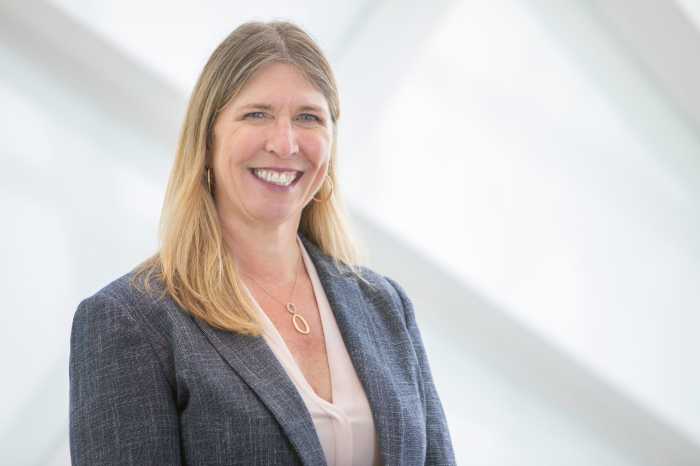
Christine Mangino
President, Queensborough Community College, CUNY

Dr. Christine Mangino was appointed sixth president of Queensborough Community College of the City University of New York in 2020. Previously, she served as department chair, dean for faculty and curriculum, and provost and vice president for academic affairs at Hostos Community College. Dr. Mangino earned an Associates of Applied Arts at Nassau Community College, a bachelor’s and master’s degree in elementary education at Hofstra University, and a doctoral degree in instructional leadership at St. John’s University.
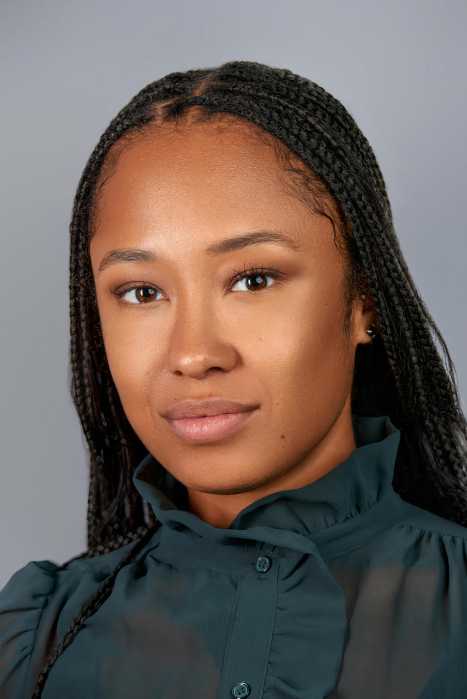
Jacquelyn Martell
Executive Director, Democrats for Education Reform NY

Jacquelyn leads the Democrats for Education Reform New York chapter. She previously served as the New York State director of advocacy at Achievement First (AF), where she led advocacy, community engagement, and partnership work, and as a labor organizer for 32BJ SEIU where she oversaw collective bargaining agreement implementation for over 2,000 workers at JFK airport. Jacquelyn is a graduate of the Broad Center Residency in Education Leadership and the Columbia University School of Social Work.
What inspired you to pursue a career in education?
Growing up attending NYC public schools, I traveled over 90 minutes each way to receive a “quality education.” All too often, we see students and families from under-resourced areas having to make sacrifices for the opportunity to receive an education that should not be dictated based on zip code. The vast inequities that my family endured while navigating the system in New York caused me to pivot from a career in labor organizing to education.
What aspects of education do you believe need more support from policymakers?
While students are experiencing extreme levels of learning loss and mental health issues post-pandemic, the crisis in education existed long before COVID. We must put kids before politics. At DFER NY & Education Reform Now New York, we are determined to pass a “New Deal for Education,” which includes policies (and legislation) to improve the way that we teach math and literacy, scale high-impact tutoring, support teacher diversity, expand school choice, and eliminate legacy admissions.
What do you think the future of New York’s education system looks like?
The future of New York is bright if we create the space to be on the leading edge. We should ensure that every child in our education system has an equitable shot at a bright future. New York should be open to testing new models and implementing new policies. It is a pivotal time to prioritize education equity for ALL students.
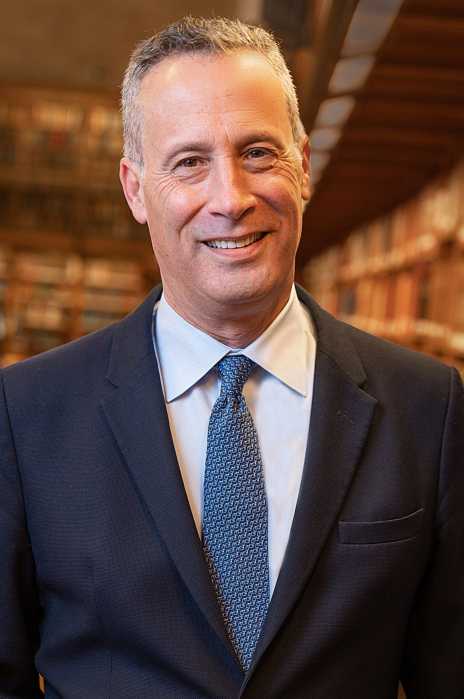
Anthony W. Marx
President, The New York Public Library

Anthony W. Marx is president of The New York Public Library, the nation’s largest library system, with over 90 locations that includes neighborhood libraries and research centers. Since joining NYPL in 2011, Marx has strengthened the library’s role as an essential provider of educational opportunities for all ages. Under his leadership, the library has enhanced and expanded early literacy and after-school programs for children and teens and improved services for students. Under Marx, the library has also become a national leader in bridging the digital divide.
What inspired you to pursue a career in education?
I was involved in the divestment of South Africa while in college and after graduating went to work for the country’s leading anti-apartheid education NGO, where I helped plan a high-quality, residential, one-year college experience for a group of Black students, all of whom had been purposefully under-educated. In the year they attended our program, hundreds of students turned their lives around. I concluded if one year of quality education could help offset 15 years of apartheid education, then there was enormous power in education that remained untapped. I have dedicated my career to understanding the dynamics of education and increasing opportunities for learning, creativity, community, and advancement through education.
What do you think the future of New York’s education system looks like?
Mayor Adams and Chancellor Banks have committed to making reading and literacy a priority for NYC students, which is so fundamental as data shows too many students are not proficient in reading. Promoting literacy is one of the Library’s core missions. We just announced the expansion of NYPL After School, part of our Tisch Youth Education Programs, which provides free tutoring this school year at 50 locations to students aged 6-12 in underserved communities.
What aspects of education do you believe need more support from policymakers?
We know that teacher attrition is higher in New York City than anywhere else in the country, and this problem is particularly acute in low-income school districts. The library has prioritized supporting educators through our Center for Educators and Schools, a team of NYPL staff that exclusively serves educators and supports our commitment to culturally responsive teaching, information access, and the freedom to read. They have published nine curriculums that draw from materials from our research libraries and are doing great work!
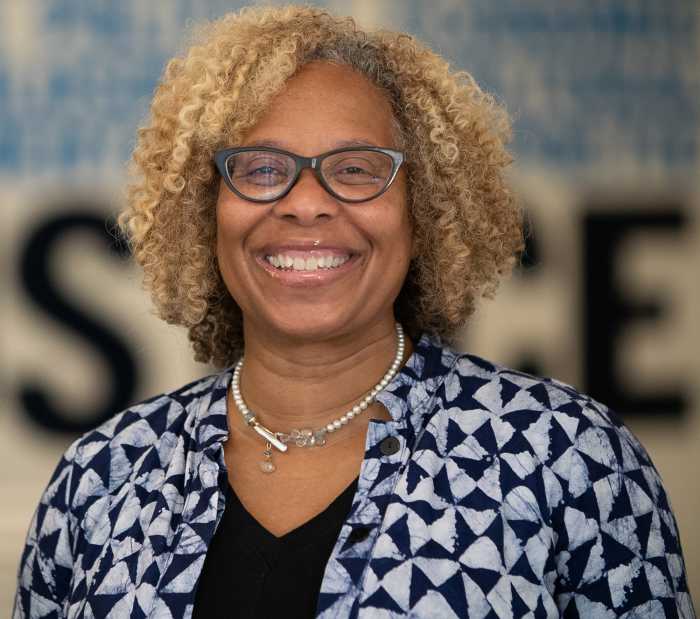
Karol Mason
President, John Jay College of Criminal Justice

John Jay College President Karol V. Mason is a legal pioneer and voice for equality, fairness and criminal justice reform. She was a leader in the Obama Administration and was the first African-American woman elected as chair of the management committee at any major national firm while at Alston & Bird LLP. She earned a J.D. from the University of Michigan Law School and an A.B. in mathematics from the University of North Carolina.
What inspired you to pursue a career in education?
I was drawn to John Jay because of its mission to educate fierce advocates for justice and to CUNY because of its mission to provide a high quality education to those who may be the first in their family to attend college. John Jay is laser-focused on fueling the success of our students pursuing a justice-focused education. Our world-class faculty and centers work with communities and governments across the globe to address complex justice issues.
What aspects of education do you believe need more support from policymakers?
In response to the U.S. Supreme Court’s affirmative action decisions, we need a significant investment in our public colleges and universities to provide students of color the quality higher education they deserve. Most students of color attend public colleges and universities so, let’s commit to providing them the quality education at CUNY and SUNY and keep their talents in New York State.
What do you think the future of New York’s education system looks like?
The State’s and City’s commitment to providing a college education for everyone, especially students of color, gives me hope. In light of the Supreme Court decisions on affirmative action in higher education, New York can demonstrate its leadership and commitment to social mobility for students of color through its strong investment in CUNY and SUNY. An investment in our young people of color will ensure the future of innovation and creativity that our country needs.
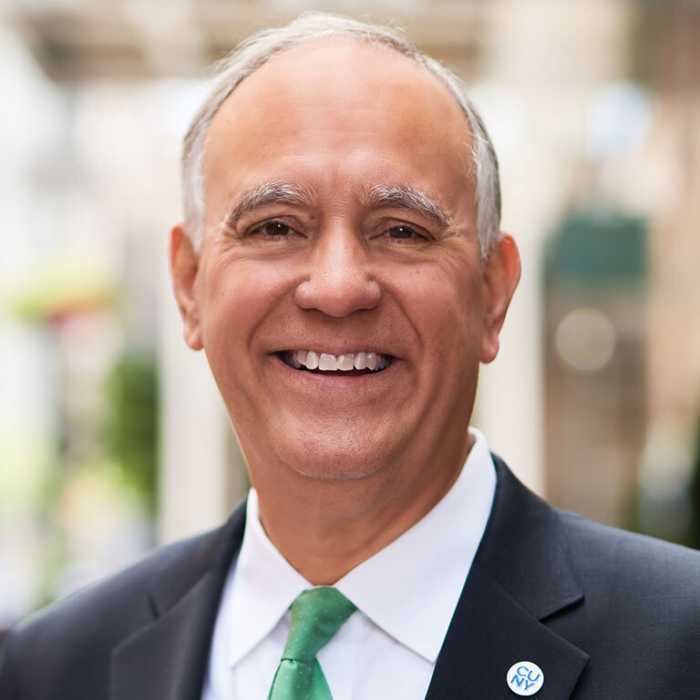
Félix V. Matos Rodríguez
Chancellor, The City University of New York

Félix V. Matos Rodríguez is the eighth chancellor of The City University of New York (CUNY) since May 2019, focusing his tenure on championing student equity across the University. Chancellor Matos Rodríguez, the first educator of color and the first Latino to lead the nation’s largest public urban university, oversees 25 colleges with over 226,000 degree-seeking students, over 150,000 adult and continuing education students, and an operating budget of $4.1 billion.
What inspired you to pursue a career in education?
My dad came from humble beginnings, received his education at the University of Puerto Rico at Mayagüez—the equivalent of City College—and went on to become an engineer. He provided me with educational opportunities and other advantages that he himself never had. So when I speak of the effectiveness of CUNY, and public higher education more generally, as a means of advancing social mobility, this is something I understand firsthand.
What aspects of education do you believe need more support from policymakers?
CUNY has long advocated the importance of a level playing field for all students. Along these lines, I have stressed the great value of providing paid internship opportunities for all students. We are working with State and City leaders and forging new public-private partnerships like the CUNY Inclusive Economy initiative, which aims to connect 80% of CUNY graduates to careers by the end of the decade.
What do you think the future of New York’s education system looks like?
We’ve released CUNY Lifting NY, a seven-year plan to transform CUNY into the nation’s foremost student-centered urban university system. We are expanding access, elevating student success and bolstering our faculty’s public-impact scholarship and research. We are focused on outcomes beyond graduation, driven to expand CUNY’s impact as an engine of equity and socioeconomic mobility. This reflects our belief in the power of education to transform New Yorkers’ lives and lift our city and state.
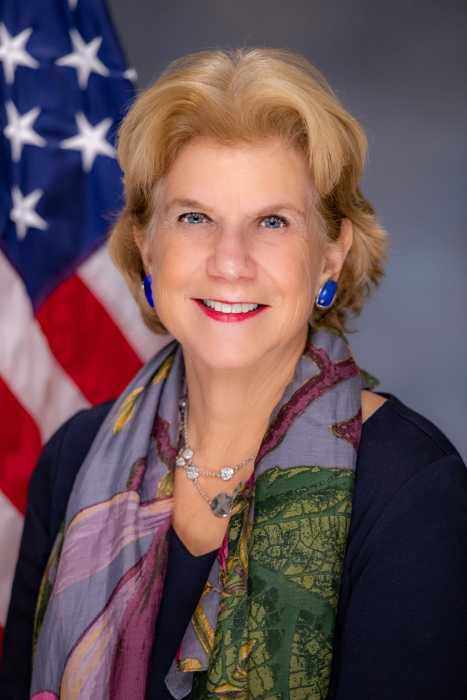
Shelley Mayer
Senator, New York State Senate | Chair, New York State Senate Committee on Education

Shelley Mayer has been an activist elected official for over 10 years, with a special dedication to education. She has served as the chair of the Senate education committee since 2019. Mayer was elected to the Senate in an April 2018 special election and re-elected in 2018, 2020 and 2022. Previously she served in the State Assembly representing Yonkers.
What inspired you to pursue a career in education?
I strongly believe education is the door to opportunity and achievement in our society. With strong support, all children can learn and grow academically and socially to become true participants in our democracy. A free quality public education is the bedrock of the American system, and we are obligated to publicly support it and make it work for every child.
What aspects of education do you believe need more support from policymakers?
With strong advocacy from my colleagues, NYS has now finally met its responsibility to fully fund the Foundation Aid formula for public schools. Our federal partners have also provided major funding to ensure schools have the resources they need to recover from the pandemic. Now we must ensure that schools have used these resources effectively, that we encourage creative solutions to the problems we face, and that schools have the support they need going forward.
What do you think the future of New York’s education system looks like?
As we saw during the height of the pandemic, schools are incredibly important community spaces. In addition to the essential instructional role they hold in educating children, they feed our children, provide essential child care and after school services, and provide socialization. Our children and communities rely on our schools to fulfill this function, and we must ensure our districts have the resources and flexibility to strengthen this essential role they will continue to play.
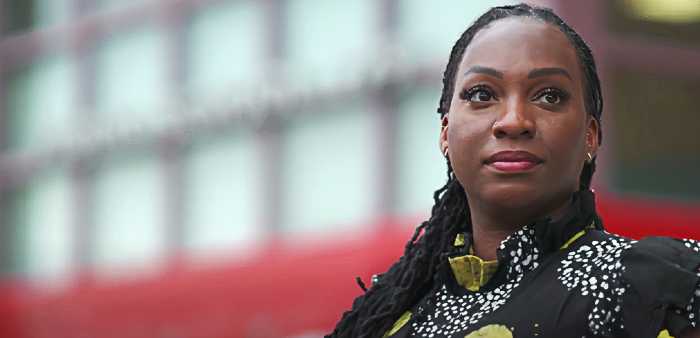
Crystal McQueen-Taylor
Executive Director, StudentsFirstNY

Crystal McQueen-Taylor has served as StudentsFirstNY’s executive director since 2022. A former Bronx public school teacher, she brings nearly 20 years of experience at every level of public education in New York. This year, Crystal led the fight in Albany to successfully restore “zombie” charter schools in New York City. She has also coordinated SFNY’s campaign activity, led coalitions to protect charter per-pupil funding, and won leading pro-charter reforms for New York City and State.
What inspired you to pursue a career in education?
From an early age, I understood that education opportunity was largely a function of a child’s place of birth, wealth, and access. When I graduated from college, I knew that I wanted to provide high quality education opportunities to kids who grew up like me- working class, immigrant, Black and brown. Our kids should be able to get a world class education right here at home.
What aspects of education do you believe need more support from policymakers?
Policymakers need to have clearer expectations for what a K-12 education is supposed to accomplish for our students. Education policy largely focuses on inputs (funding, programming, etc.) but rarely engages on the outcomes. Policymakers should be more focused on what we expect 13 years of public education to accomplish for our students and build accountability for those outcomes. Rather than allegiance to specific systems or structures, policymakers should be more accountable to students and families.
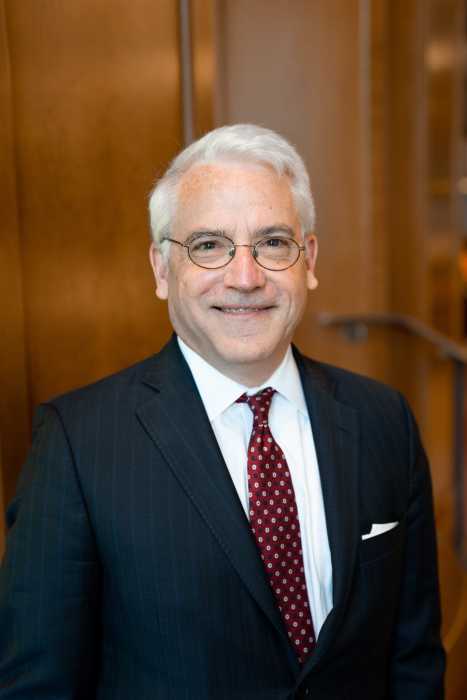
David D. Meyer
President and Joseph Crea Dean, Brooklyn Law School

David D. Meyer became president and Joseph Crea dean of Brooklyn Law School on July 1, 2023.He served as dean of Tulane Law School from 2010 to 2023 and is among the longest-serving deans at a U.S. law school. A leading scholar of constitutional and family law, he has published extensively on topics at the intersection of the two fields. Meyer earned his B.A. in history with highest honors from the University of Michigan and his J.D. magna cum laude from Michigan Law School.
What inspired you to pursue a career in education?
I was drawn by the opportunity to make a difference in the lives of individual students through teaching and mentoring. Higher education has been a driver of the American Dream and law schools in particular play a critical role in preparing future generations of leaders for society. The opportunity to be part of that mission is exciting.
What aspects of education do you believe need more support from policymakers?
Access and affordability of higher education are crucial to the future of our country. Colleges and universities must do their part to contain costs, but policymakers at the federal and state levels play a vital role also. Innovative public efforts to ensure access through scholarships or by offering debt relief for graduates who dedicate their talents to public service are essential and far-sighted investments in the future.
What do you think the future of New York’s education system looks like?
New York has an opportunity for important national leadership in education, particularly in light of unfortunate trends in other states. Other states are risking long-term damage to their future economic vitality by making education a battleground for short-term partisan gain. By staying true to its historic commitment of investing in education and avoiding political interference, New York will emerge an even stronger magnet for talent from across the country and drive its economy through academic excellence.





